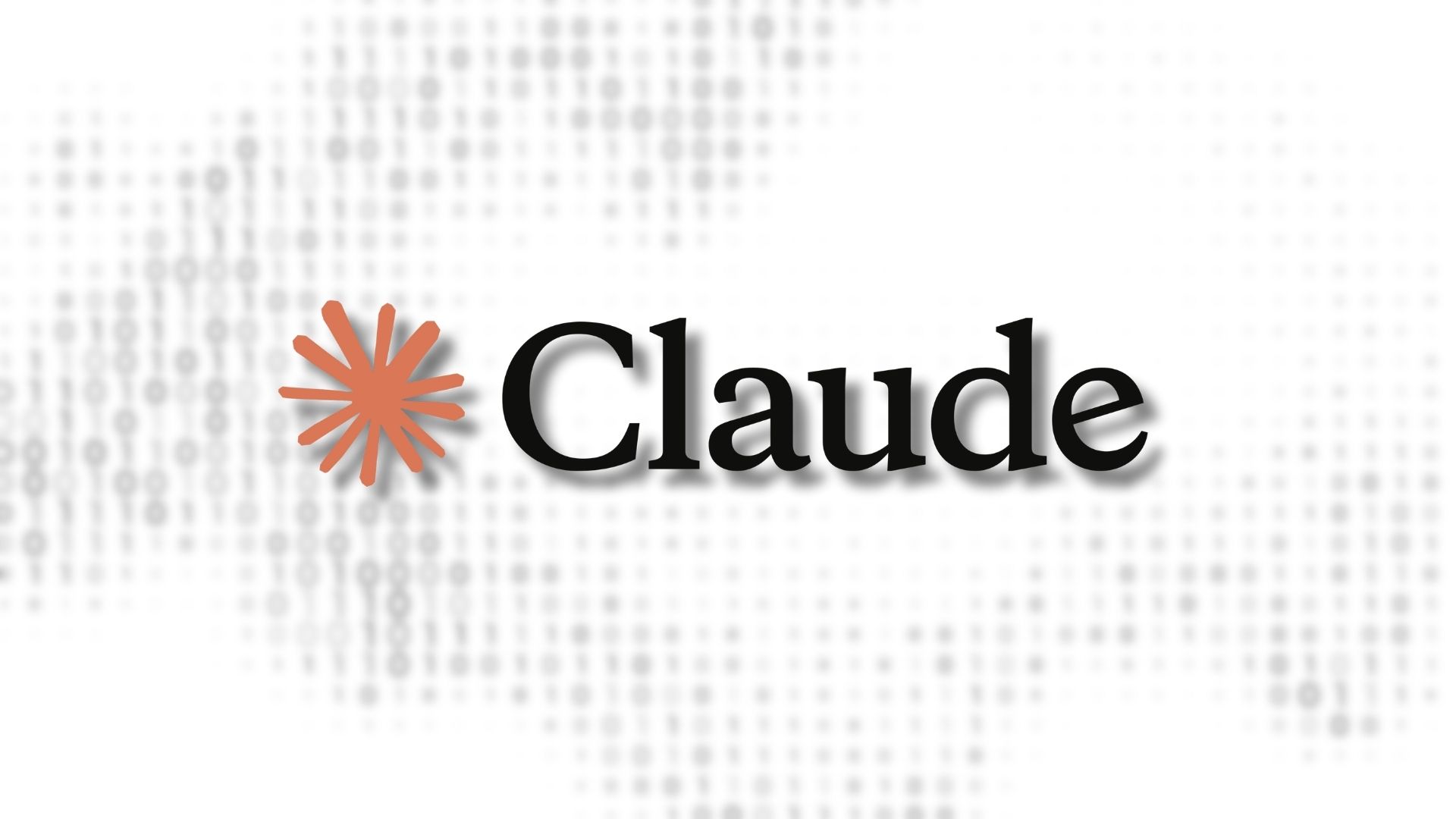A deepfake video of Bombay Stock Exchange chief executive Sundararaman Ramamurthy circulated on social media in India, falsely offering stock advice to investors. The exchange moved quickly to report and remove the content, warning the public not to trust fake investment clips.
Cybersecurity experts say such cases are rising sharply, with one US firm estimating a 3,000 percent increase in deepfake incidents over two years. Executives in the US and the UK have also been impersonated using AI-generated audio and video.
In Hong Kong, police said a UK engineering firm lost $25m after an employee joined a video call featuring deepfake versions of senior colleagues. The transfer was made to multiple accounts before the fraud was discovered.
Security companies in the US and the UK are developing detection tools that analyse facial movement and blood flow patterns to identify AI-generated footage. Analysts warn that as costs fall and tools improve, businesses in India, Hong Kong and beyond face an escalating arms race against digital fraud.
Would you like to learn more about AI, tech and digital diplomacy? If so, ask our Diplo chatbot!










